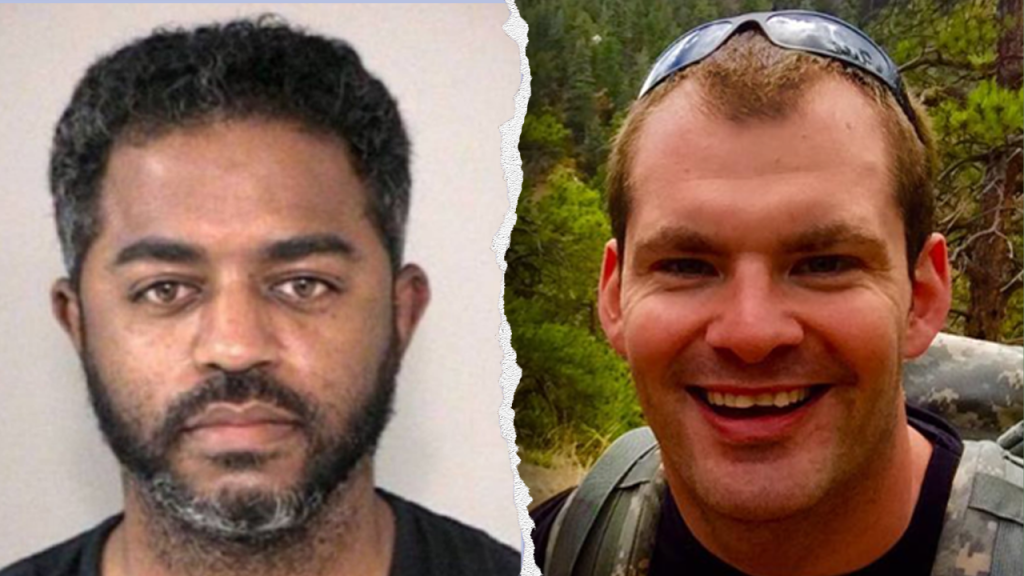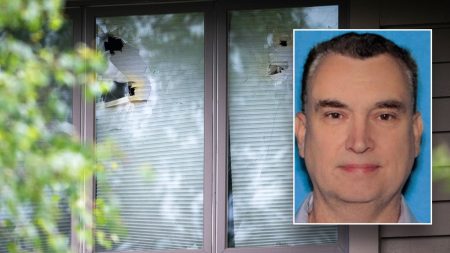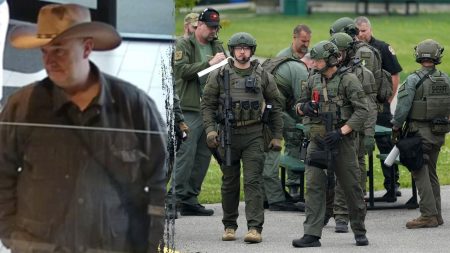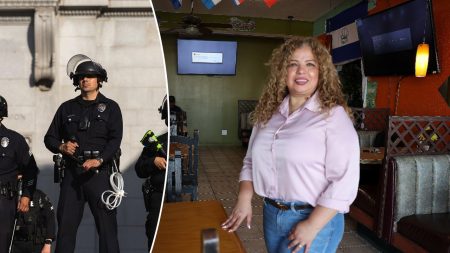The Las Vegas Metropolitan Police Department (LVMPD) has concluded its investigation into the New Year’s Day explosion of a Tesla Cybertruck outside the Trump International Hotel, deeming it a suicide and not a terrorist attack. While initial online speculation linked the incident to a near-simultaneous attack in New Orleans due to shared military backgrounds of the suspects, LVMPD Sheriff Kevin McMahill confirmed that no direct connection exists between the two events. The coincidental presence of both individuals at Fort Bragg, North Carolina, proved to be just that – a coincidence, with no evidence suggesting coordinated action or shared motivation.
The driver of the Tesla, identified as Matthew Livelsberger, a decorated U.S. Army Green Beret, left behind written notes indicating his intentions. These documents, described by authorities as a “manifesto,” reveal Livelsberger’s profound distress and a desire to awaken the American public to what he perceived as the country’s decline. He characterized his actions as a “wake-up call” designed to garner attention through a spectacle of violence, lamenting that Americans only respond to extreme actions. The notes also expressed his personal struggles, including the burden of lives lost during his military service and the need to cleanse his mind of the trauma he experienced. Authorities believe these writings, coupled with his history and circumstances, point to a tragic suicide driven by mental health issues.
Livelsberger’s writings further suggest a troubled individual grappling with past experiences and a pessimistic view of the nation’s future. He expressed remorse for the lives he had taken, possibly referencing his military service, and a desire to find peace from the emotional burden. His choice of a dramatic and public act, involving a Tesla Cybertruck laden with explosives detonated in front of a prominent hotel, underscores his intention to create a spectacle that would draw attention to his message. The manifesto reportedly provides insights into his motivations, suggesting a deep sense of disillusionment and despair, leading him to believe that a drastic measure was necessary to rouse the public.
While initial speculation focused on the possibility of a political motive, particularly given the location of the explosion outside a Trump-branded hotel, investigators have downplayed this angle. Sheriff McMahill stated that Livelsberger’s writings did not reveal any overt animosity towards former President Trump. Instead, the location appears to have been chosen for its high visibility and potential to amplify the impact of his actions. The investigation also uncovered that Livelsberger had considered other locations, including the Grand Canyon, indicating that the target was less significant than the act itself.
The LVMPD has emphasized the importance of mental health awareness, particularly for veterans and law enforcement officers, in light of this incident. Sheriff McMahill highlighted the inherent stressors faced by these professions and the need for comprehensive support systems. Livelsberger’s apparent struggle with PTSD, coupled with other personal issues, highlights the vulnerability of individuals grappling with mental health challenges. The tragic outcome underscores the need for proactive measures to address mental well-being within these high-stress occupations. The sheriff’s comments reflect a growing recognition of the importance of prioritizing mental health resources for those who serve in demanding and often traumatic roles.
The conclusion of the investigation brings closure to the incident, clarifying its nature as a suicide rather than an act of terrorism. The LVMPD’s thorough investigation addressed the initial suspicions and speculation, ultimately determining that Livelsberger acted alone and was driven by personal struggles. The tragic incident serves as a somber reminder of the pervasive challenges of mental health and the importance of seeking help for those battling inner demons. While Livelsberger’s chosen method was extreme and caused widespread concern, the underlying issue points to the critical need for greater access to mental health resources and destigmatizing seeking support.










